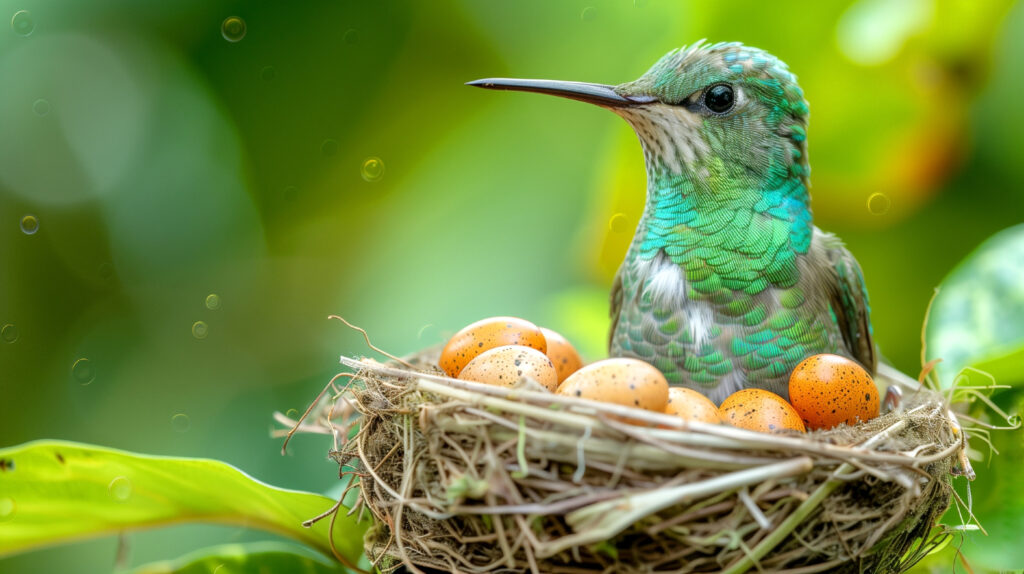Birds’ Health: Understanding and Ensoring the Well-Being of Our Feathered Friends
Birds are remarkable creatures that inhabit diverse environments around the world. Their health is crucial not only for their survival but also for the ecosystems they inhabit. This article explores various aspects of bird health, common health issues, preventive measures, and tips for caring for pet birds.
1. Importance of Bird Health
Bird health is essential for several reasons:
- Ecosystem Balance: Birds play vital roles in pollination, seed dispersal, and pest control, making their health integral to ecosystem functioning.
- Biodiversity: Healthy bird populations contribute to biodiversity, which is crucial for resilient ecosystems.
- Human Connection: Many people keep birds as pets, and understanding their health needs ensures that they thrive in captivity.
2. Common Health Issues in Birds
Birds, whether wild or domesticated, can face a variety of health issues. Understanding these can help in early detection and treatment:
a. Nutritional Deficiencies
Birds require a balanced diet that includes seeds, fruits, vegetables, and, in some cases, pellets. Common nutritional deficiencies include:
- Vitamin A Deficiency: Can lead to respiratory issues, skin problems, and eye disorders.
- Calcium Deficiency: Essential for bone health and egg production in females; a deficiency can cause weak bones and egg-binding.
b. Infectious Diseases
Birds can be susceptible to various infectious diseases, including:
- Avian Influenza: A viral infection that can spread rapidly among bird populations, causing severe illness and death.
- Psittacosis: Caused by the bacterium Chlamydia psittaci, it affects parrots and can be transmitted to humans, leading to flu-like symptoms.
c. Parasites
Birds can be hosts to both external and internal parasites, which can cause a range of health issues:
- External Parasites: Such as mites, fleas, and ticks, can cause skin irritations and feather loss.
- Internal Parasites: Including worms, which can lead to weight loss and digestive problems.
d. Respiratory Issues
Birds are particularly susceptible to respiratory problems due to their sensitive respiratory systems. Common causes include:
- Environmental Pollutants: Such as smoke, dust, and fumes from cleaning products.
- Infectious Agents: Such as viruses and bacteria that can lead to respiratory infections.
3. Preventive Measures for Bird Health
a. Proper Nutrition
Providing a balanced diet is crucial for maintaining bird health. A good diet includes:
- Variety: A mix of seeds, pellets, fruits, and vegetables ensures that birds receive all necessary nutrients.
- Fresh Water: Clean, fresh water should always be available, as hydration is vital for overall health.
b. Regular Veterinary Check-ups
Routine veterinary care is essential for early detection of health issues. Regular check-ups can include:
- Physical Examinations: Allowing veterinarians to assess weight, feather condition, and overall health.
- Blood Tests: To check for infections or nutritional deficiencies.
c. Clean Living Environment
A clean habitat is vital for bird health. Regular cleaning should include:
- Cage Maintenance: Regularly cleaning cages and removing waste to prevent the spread of disease.
- Air Quality: Ensuring good ventilation and minimizing exposure to smoke and strong odors.
d. Social Interaction and Mental Stimulation
Birds are social animals and need interaction to thrive. Providing mental stimulation includes:
- Toys: Offering a variety of toys can prevent boredom and encourage natural behaviors.
- Socialization: Spending time with birds, either with other birds or humans, helps reduce stress and promotes mental well-being.
4. Caring for Pet Birds
a. Observing Behavior
Pet owners should regularly observe their birds for signs of health issues, including:
- Changes in Appetite: Sudden increases or decreases in food and water intake can indicate health problems.
- Altered Vocalizations: Changes in vocal patterns can signal stress or illness.
b. Recognizing Symptoms of Illness
Common symptoms of illness in birds include:
- Lethargy: A lack of energy or decreased activity levels.
- Feather Loss: Excessive molting or feather plucking can indicate health issues or stress.
- Respiratory Distress: Signs include coughing, sneezing, or difficulty breathing.
c. Emergency Care
In case of an emergency, knowing how to respond is crucial. Common emergencies include:
- Injuries: Such as broken wings or legs; seeking veterinary care immediately is essential.
- Sickness: If a bird exhibits severe lethargy or refuses to eat, contacting a veterinarian promptly can be life-saving.
5. Conclusion
Understanding and ensuring the health of birds is essential for their well-being and the ecosystems they inhabit. Whether in the wild or as pets, birds face numerous health challenges, but with proper nutrition, regular veterinary care, and a clean, stimulating environment, their health can be maintained. By being vigilant and proactive, bird owners and conservationists can contribute to the health and longevity of these fascinating creatures, ensuring that they continue to grace our skies and enrich our lives for generations to come.


